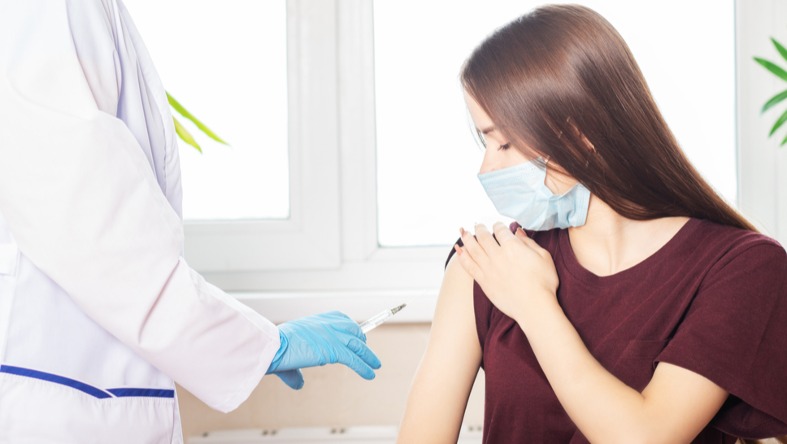Answers about the Pfizer-BioNTech shot now that it is available for 12+
Now that the Food and Drug Administration has cleared the first coronavirus vaccine for emergency use in children as young as 12, families are sure to have questions about the Pfizer-BioNTech shot and when it will become available. We talked to our Chief Medical Officer Dr. Paul Sherman.
Is the vaccine authorized for use the same as the one that has been given to millions of people 16 and older?
Yes. It is the same vaccine, at the same strength, and requires two doses.
In a trial of over 2000 adolescents, there were no cases of COVID in vaccinated participants while 16 in the placebo (unvaccinated) group did get COVID. Other vaccine makers are in the midst of promising trials in this age group, but for now Pfizer is the only one approved for use in this younger age group.
What were the side effects?
The most common side effects were similar to those seen in adults, which include pain at the injection site, fatigue, headache, chills, muscle aches and fevers. The side effects tended to be somewhat more common in younger adolescents. For example, 63% of participants 16 and older reported fatigue, but 78% of those 12 to 15 years old reported fatigue. About 14% of people 16 and up reported fevers, but 24% of younger adolescents registered a fever. Side effects were most common after the second dose as has been the case with adults. The vaccine has also caused very rare severe allergic reactions. Those who experience any significant or prolonged symptoms should contact their doctor for advice.
Most vaccine side effects occur within two months of receiving the shots. However, very rare side effects are often not picked up within clinical trials. But if they are found, being so rare, the vaccine would still remain much safer than the risks of actual COVID illness.
Can the coronavirus vaccine be given along with other childhood or adolescent immunizations?
There is no data on how the vaccines interact with other immunizations. There are few vaccines that pose a problem when administered with other shots. the CDC advisory panel agreed that the coronavirus vaccine could be given at the same time as other vaccines. Talk to your care provider when scheduling to discuss what other immunizations are recommended at that time. And it’s important to get the second dose at the recommended time and maintain precautions for 2 weeks after the second dose for full protection.

